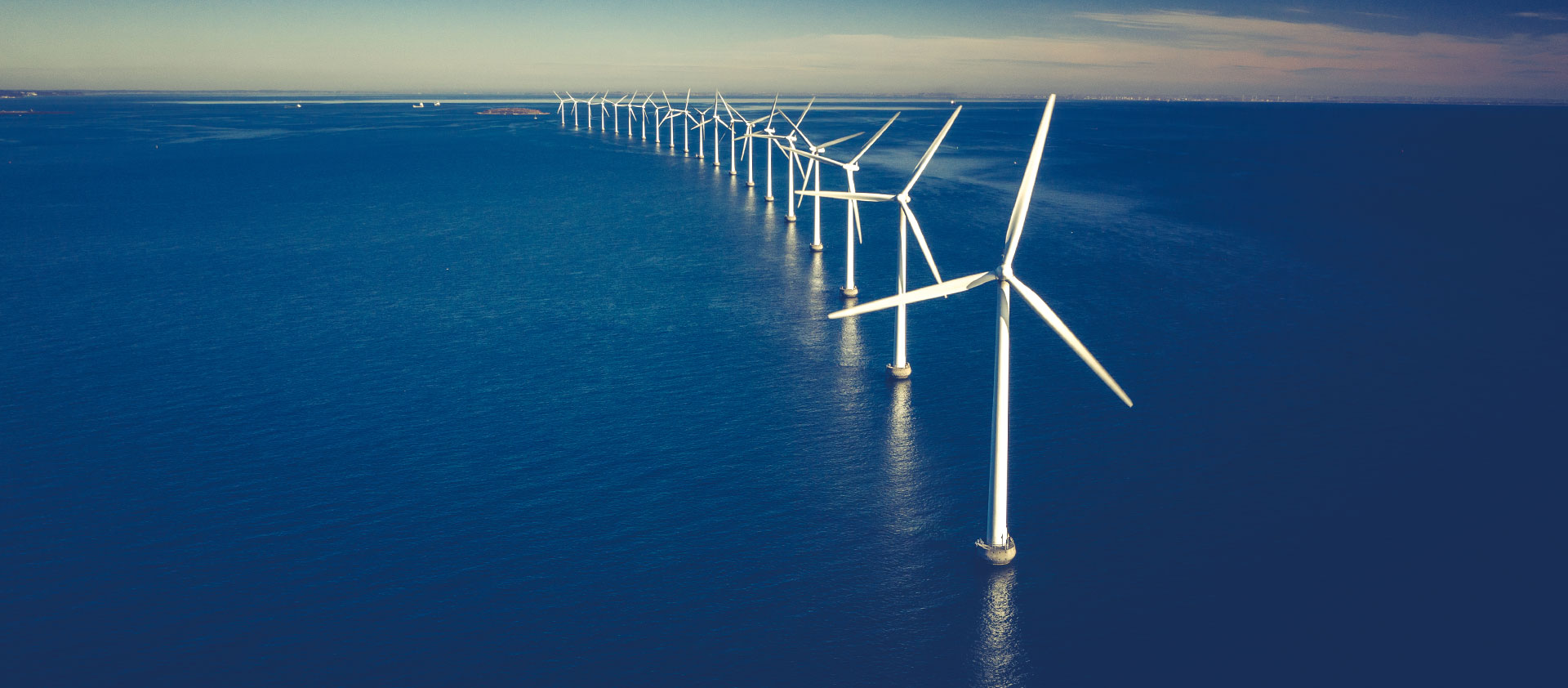AER AGL Aluminium Batteries Battery Budget BYD CATL CBAM China Coal Critical minerals Decarbonisation Diesel DMO Election Electric Vehicle Electricity/electrification electrostate Energy crisis Federal Election Finance Sector & Emissions Gas Green Iron/Steel Hydrogen India & Adani Methane Nuclear offshore wind Oil OP EDS Peter Dutton Podcasts Renewables Solar Tariff Taxes and subsidies US IRA/EU NZIA et al Wind
How China’s $180B Clean-Tech Investments Transform the Global South
CarbonCredits.com
$180 billion
Carbon Brief
Chinese Firms Pour $80B Into Global Clean-Tech
OilPrice.com
China’s $180bn cleantech push shifts global alliances as nations hedge against US uncertainty: report
Eco-Business
Chinese Clean-Energy Foreign Investment Surging, Says Think Tank
Bloomberg
China’s clean technology investment overseas tops $80bn in past year: CEF report
Investment Monitor
OP ED | China is key on our terms
The Australian
China funnelled $80 billion into overseas cleantech in past year, report says
Reuters
Australia misses out on China’s cleantech boom: CEF
FS Sustainability
China Drives $80 Billion in Overseas Clean Technology Expansion
ESG News
INTERVIEW | AUSBIZ: China’s clean tech giants drive overseas growth
AusBiz
MEDIA RELEASE | CHINA’S RISING TIDE OF $180bn IN OVERSEAS CLEANTECH INVESTMENTSINCE 2023 DRIVES GLOBAL ENERGY TRANSITION; AUS MISSES OUT
___
